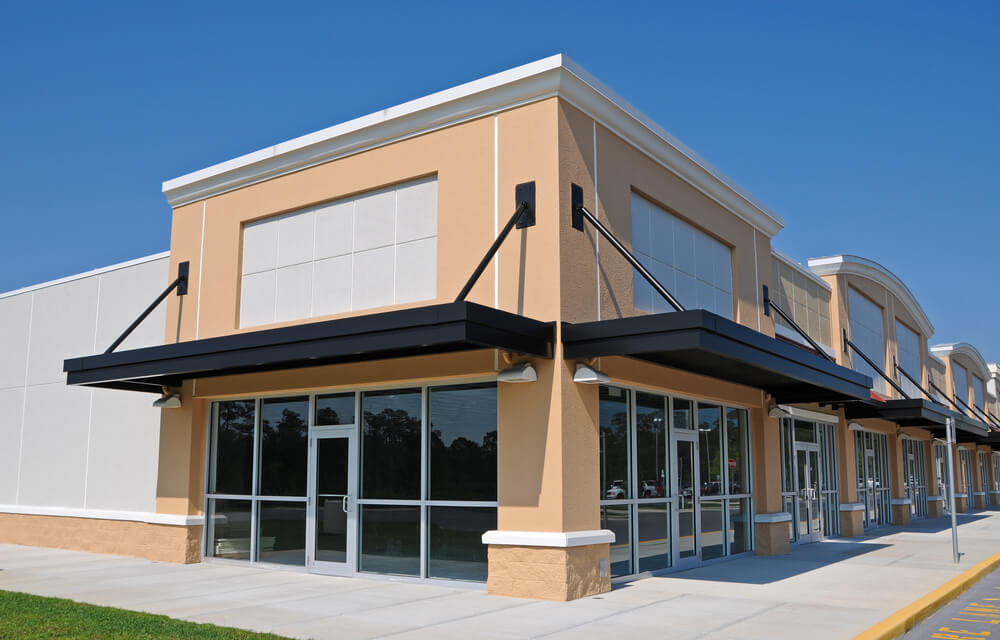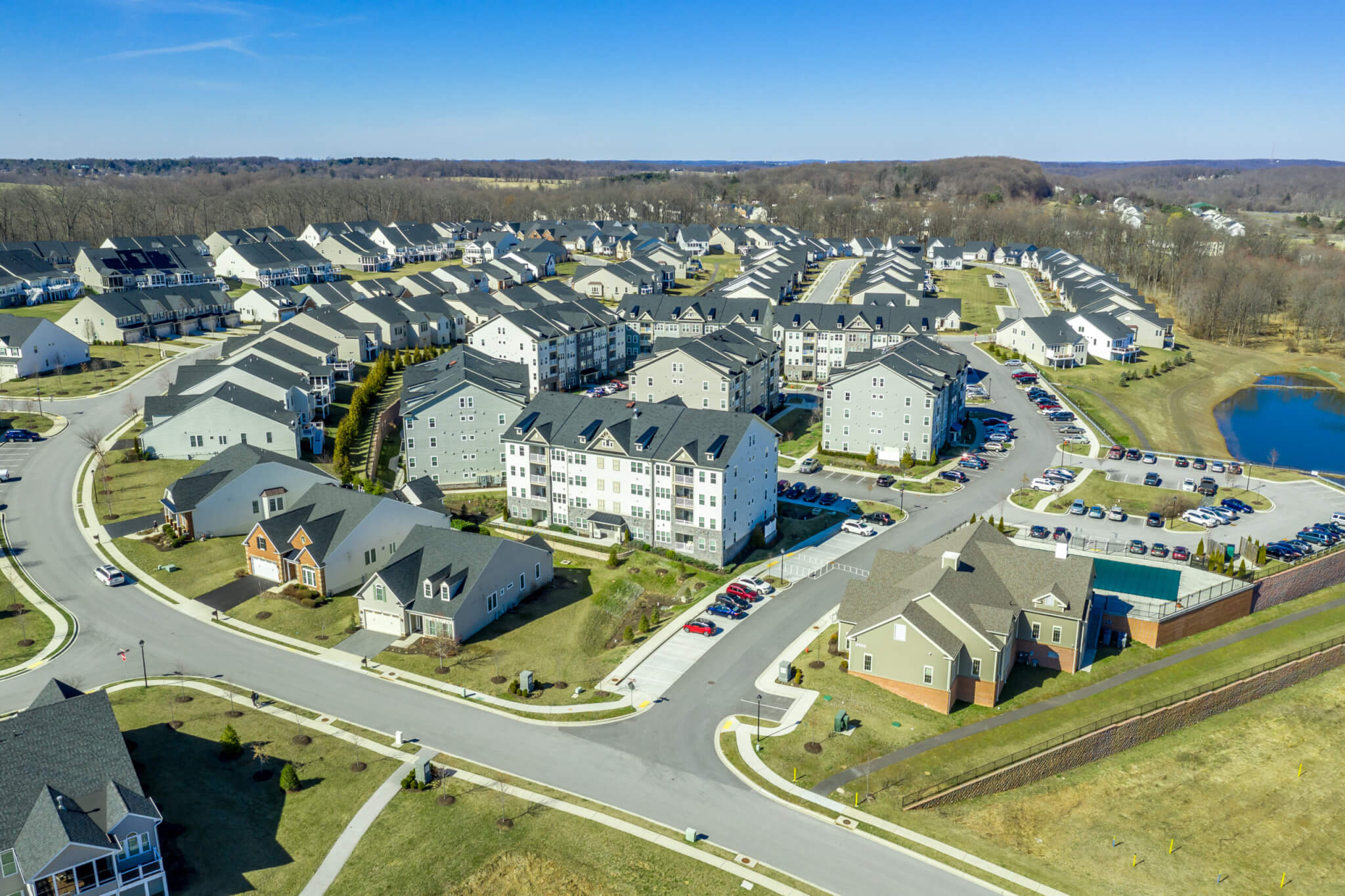According to a report from the National Association of Realtors, nearly a third of all houses sold in Texas in 2022 were to investors. Due to historically low interest rates leading up to 2022, this statistic should not be surprising. Investors wanting to generate passive income or profit from flipping a fixer-upper sought out Investment property loans.
Investment property loans can secure funding for various investment opportunities, including single-family homes, multi-family homes, vacation homes, non-warrantable condos, and high-rise commercial buildings.
Investment property loans can help you whether you are building up a real estate portfolio, flipping houses, or wanting to invest in a popular vacation spot. With Texas offering prime real estate locations, starting your investment journey in the Lone Star State is a great place to start.
Key Takeaways:
- An investment property loan is a mortgage for an income-earning property that will not be used as a primary or secondary residence.
- Investment property loans can secure funding for various investment opportunities, including single-family homes, multi-family homes, vacation homes, non-warrantable condos, and high-rise commercial buildings.
- You can use either a conventional or commercial loan for an investment property. Both have their own set of benefits and disadvantages.
- Always consult with lenders early on to understand what you qualify for, and carefully review all documents during the application and closing process to ensure you’re making a financially sound decision.
What is an Investment Property Loan?
An investment property loan is a mortgage for an income-earning property that will not be used as a primary or secondary residence. Houses renovated and sold for a profit (flipped homes) and short-term rental property fall into the investment category.
Different Kinds of Investment Property Loans
There are many different investment properties, and each has its unique requirements. However, here are some loan programs available for investment properties.
- Conventional Loans:
These loans offer the most flexibility when buying an investment property. They do not come with special requirements and tend to be the easiest to qualify for. Due to the fact they are not backed by the federal government, such as FHA loans, VA loans, or U.S. Department of Agriculture (USDA) loans.
Conventional loans come with 15, 20, and 30-year financing options based on the borrower’s financial and credit history. Interest rates will vary depending on the federal government rates and the borrower’s credit score. A 20% down payment is typically required.
- Commercial Loans:
Suppose you will hold your investment property in a Limited Liability Company (LLC), a legal business structure combining corporate and partnership features. In that case, you can go the commercial loan route. A commercial investment property loan can purchase anything from raw land medical office space to industrial warehouses.
Getting a real estate holding LLC can be advisable for borrowers who plan to have a portfolio of investment properties since you can only own up to ten houses in your name. An investor can only have ten single-family residence homes in their personal name.
Commercial loan terms, interest rates, and amounts vary. Contact a commercial lender early in the process for a consolation.
Useful Links
What are the requirements for an Investment Property Loan?
Investment property loan requirements vary depending on the lender you choose. Requirements also differ depending on the borrower’s credit history and financial worthiness. However, here are a few standard requirements that apply to most borrowers:
- High down payments: Depending on whether you use a conventional or commercial loan, you must put at least 20% down on your investment property. Down payment assistance programs cannot be used for investment loans, and traditional investment mortgages do not allow gifts when buying a rental home.
- Reserves: When making any significant financial purchase, the creditor or lender you choose to go with will require proof of funds. This amount varies, but creditors or lenders typically look for two to six months’ worth of mortgage payments.
How to Get an Investment Property Loan?
Deciding Which Loan to Go With
Using either a conventional or commercial loan for an investment property has benefits and disadvantages.
Conventional Loan
- Property Type: Generally limited to residential properties with one to four units.
- Borrower Profile: Aimed at real estate investors with less than ten properties rather than business entities.
- Loan Term: Generally, offers fixed-rate terms of 15, 20, or 30 years.
- Credit Score: A good to excellent personal credit score is generally required.
- Debt-to-Income Ratio: Personal financial statements, tax returns, and debt-to-income ratio are considered for loan approval.
- Underwriting: More standardized underwriting process compared to commercial loans.
Commercial Loan
- Property Type: This can be used for various properties, including multi-family (more than four units), retail spaces, owner-occupied office buildings, medical offices, and industrial warehouses.
- Borrower Profile: Aimed at business entities such as LLCs, corporations, etc.
- Loan Term: Can have shorter loan terms (5-20 years) and often include a balloon payment.
- Debt-to-Income Ratio: DTI may be considered as the property’s income-generating potential (Debt Service Coverage Ratio).
- Underwriting: A more flexible and tailored process, often including business plans and revenue projections. Keep in mind that terms and conditions can vary by financial institution.
Consult with a lender before starting the investment-hunting process to ensure you know which loan you might qualify for and which loan is best for your investment property.
Related Article:

What You Need to Know About Balloon Loans for Commercial Real Estate
Just as homebuyers are seeing a spike in interest rates for mortgages, investors are seeing a spike in interest rates for commercial real estate loans to buy or build properties.
Interest rates for commercial real estate loans can vary based on several factors such as the property type and the borrower’s credit history, repayment history and current debts.
Read MoreWhy Invest in Texas Real Estate?
Population Growth: Texas consistently experiences population growth driven by job opportunities, a lower cost of living, and a favorable business environment.
Affordable Housing: Compared to many other states, Texas offers more affordable housing options for investors.
Diverse Real Estate Markets: Texas has various real estate markets, from major metropolitan areas to smaller towns, each with its dynamics.
Short-Term Rental Opportunities: Texas has popular tourist destinations like San Antonio, Austin, and the Gulf Coast, offering opportunities for vacation rental investments.
Useful Tools
Bottom Line
Investing in property in Texas offers a promising avenue for potential profits, whether you’re interested in passive income from rentals or flipping homes. However, the right loan can make all the difference in how profitable your venture is.
Always consult with lenders early on to understand what you qualify for, and carefully review all documents during the application and closing process to ensure you’re making a financially sound decision.
For more information, visit our Mortgage – Home Loans & Refinance from the Texas Regional Bank website.
Texas Regional Bank Mortgage, NMLS Number 804865. All loans are subject to approval, including credit approval. Some Restrictions may apply. Texas Regional Bank Mortgage may change the products, services, and other information on this site anytime. Texas Regional Bank Mortgage does business as TRB Mortgage in Texas.



